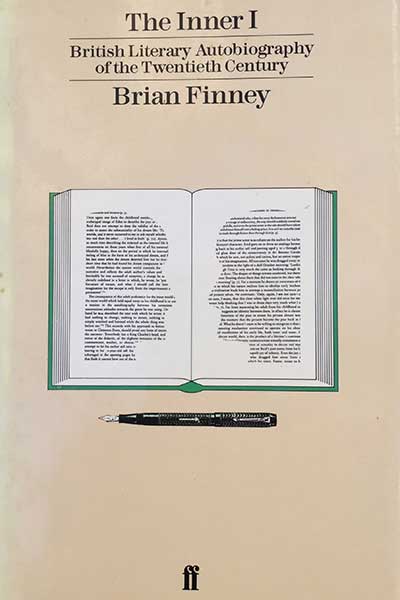
Although many works of autobiography exist, few works on autobiography have been written, and no single book has ever before been devoted to English literary autobiographies of the twentieth century.
Finney focuses on subjective autobiographies in which attention is focused on the self, which he considers a distinctively twentieth-century form of the genre. This incisive study of selected autobiographical works by British novelists, poets, and playwrights begins with "Versions of Truth," in which Finney sets out to demonstrate--using among others the works of W.H. Davies, George Orwell, Joseph Conrad, and Christopher Isherwood--the extent to which autobiographical narrative, like other forms of narrative, makes heavy use of aesthetic criteria even when the writer is most concerned with giving a completely honest version of the facts. The second section, "In Search of Self," reviews the ways modern autobiographers have chosen to portray themselves (including their unconscious) based on psychoanalytical insights peculiar to the 20th century. Employing the theories of Freud and Jung, Finney reads the autobiographies of Edmund Gosse, W.B. Yeats, H.G. Wells, Stephen Spender, and others to demonstrate the nature of the insights psychology has to offer readers and writers of 20th-century autobiography.


Autobiography has come into its own in the course of the twentieth century. The search for self-identity has become especially urgent in an age characterized by confusion and doubt, and has received additional impetus from the impact of Freud and his successors, who have redirected attention to the unconscious self. In The Inner I Brian Finney selects a number of the most outstanding autobiographies written in the twentieth century in order to examine the nature of autobiographical truth. Topics covered include the relationship between autobiography and fact, fiction, comedy, parental influence, childhood, dreams, and social conditioning. The book concentrates on subjective autobiographies ranging from those of Conrad, Gosse and W. H. Davies at the opening of the century, to those of John Mortimer and John Osborne published during its last years.
